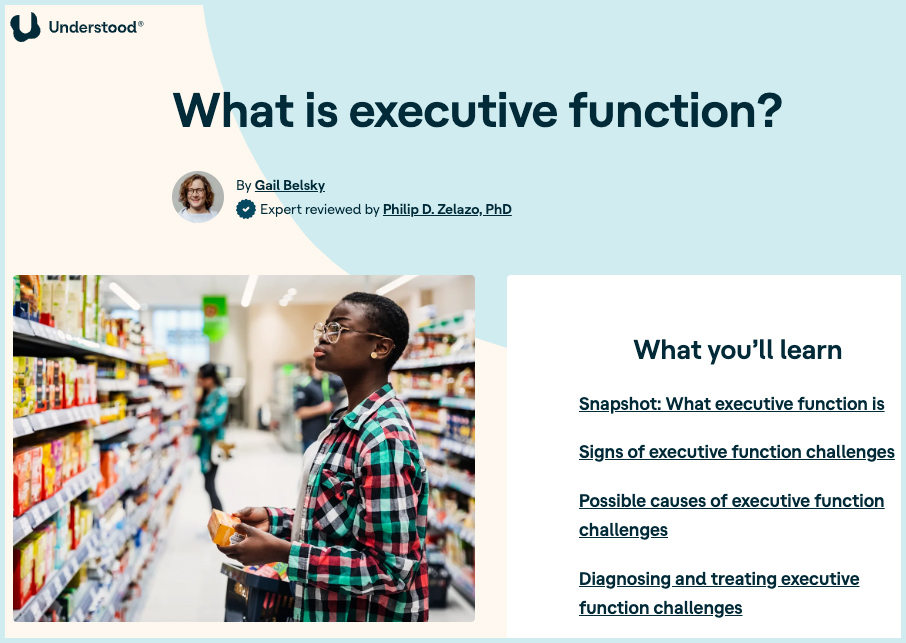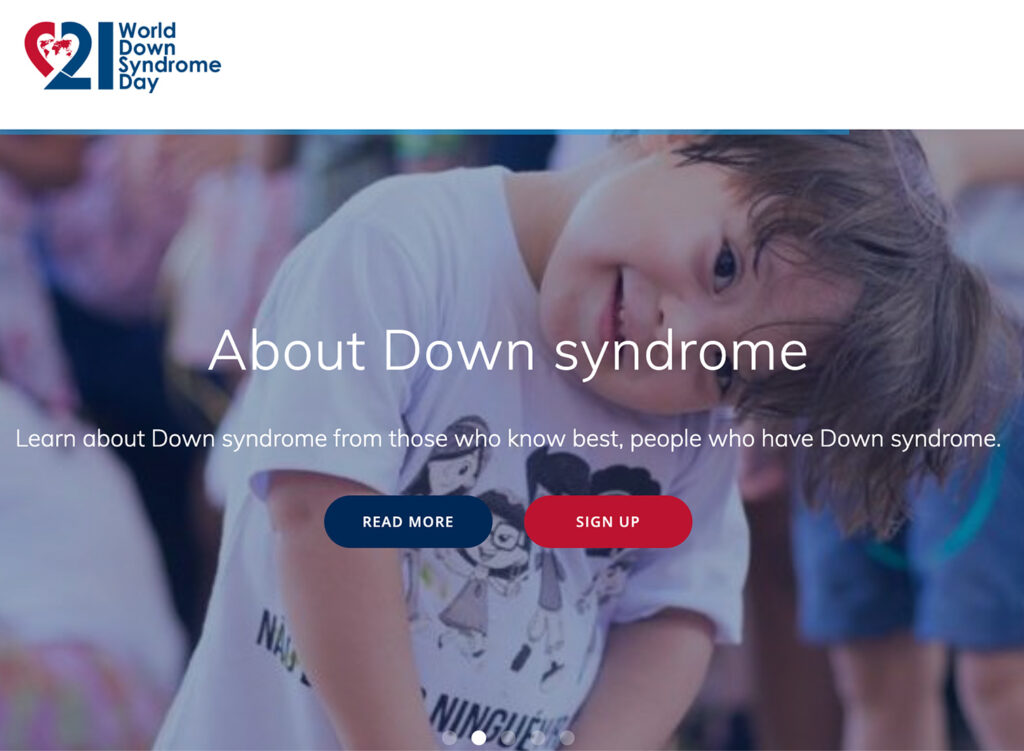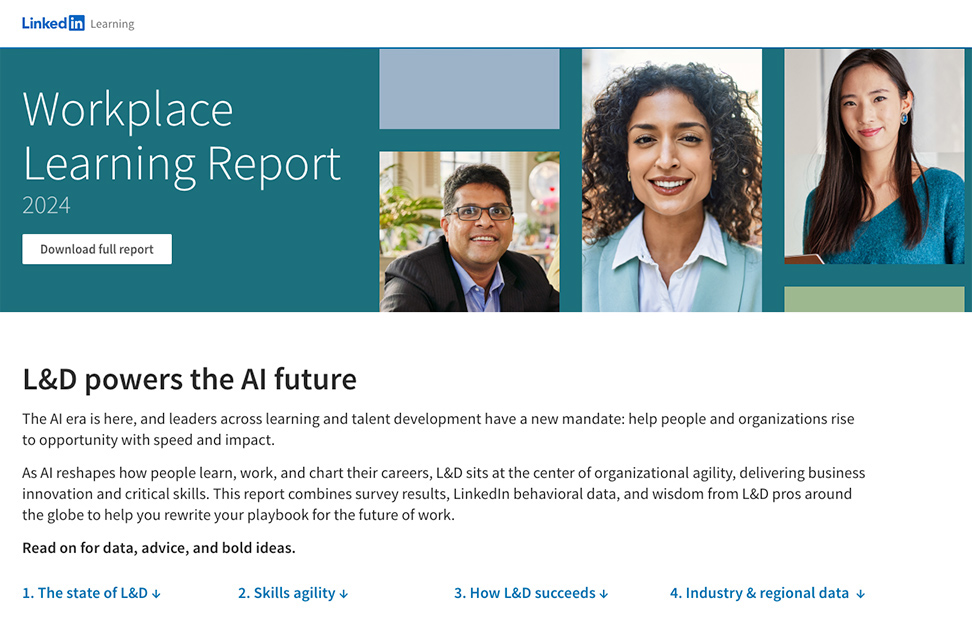Amid explosive demand, America is running out of power — from washingtonpost.com by Evan Halper
AI and the boom in clean-tech manufacturing are pushing America’s power grid to the brink. Utilities can’t keep up.
Vast swaths of the United States are at risk of running short of power as electricity-hungry data centers and clean-technology factories proliferate around the country, leaving utilities and regulators grasping for credible plans to expand the nation’s creaking power grid.
…
A major factor behind the skyrocketing demand is the rapid innovation in artificial intelligence, which is driving the construction of large warehouses of computing infrastructure that require exponentially more power than traditional data centers. AI is also part of a huge scale-up of cloud computing. Tech firms like Amazon, Apple, Google, Meta and Microsoft are scouring the nation for sites for new data centers, and many lesser-known firms are also on the hunt.
The Obscene Energy Demands of A.I. — from newyorker.com by Elizabeth Kolbert
How can the world reach net zero if it keeps inventing new ways to consume energy?
“There’s a fundamental mismatch between this technology and environmental sustainability,” de Vries said. Recently, the world’s most prominent A.I. cheerleader, Sam Altman, the C.E.O. of OpenAI, voiced similar concerns, albeit with a different spin. “I think we still don’t appreciate the energy needs of this technology,” Altman said at a public appearance in Davos. He didn’t see how these needs could be met, he went on, “without a breakthrough.” He added, “We need fusion or we need, like, radically cheaper solar plus storage, or something, at massive scale—like, a scale that no one is really planning for.”
A generative AI reset: Rewiring to turn potential into value in 2024 — from mckinsey.com by Eric Lamarre, Alex Singla, Alexander Sukharevsky, and Rodney Zemmel; via Philippa Hardman
The generative AI payoff may only come when companies do deeper organizational surgery on their business.
- Figure out where gen AI copilots can give you a real competitive advantage
- Upskill the talent you have but be clear about the gen-AI-specific skills you need
- Form a centralized team to establish standards that enable responsible scaling
- Set up the technology architecture to scale
- Ensure data quality and focus on unstructured data to fuel your models
- Build trust and reusability to drive adoption and scale
AI Prompt Engineering Is Dead Long live AI prompt engineering — from spectrum.ieee.org
Since ChatGPT dropped in the fall of 2022, everyone and their donkey has tried their hand at prompt engineering—finding a clever way to phrase your query to a large language model (LLM) or AI art or video generator to get the best results or sidestep protections. The Internet is replete with prompt-engineering guides, cheat sheets, and advice threads to help you get the most out of an LLM.
…
However, new research suggests that prompt engineering is best done by the model itself, and not by a human engineer. This has cast doubt on prompt engineering’s future—and increased suspicions that a fair portion of prompt-engineering jobs may be a passing fad, at least as the field is currently imagined.
What the birth of the spreadsheet teaches us about generative AI — from timharford.com by Tim Harford; via Sam DeBrule
There is one very clear parallel between the digital spreadsheet and generative AI: both are computer apps that collapse time. A task that might have taken hours or days can suddenly be completed in seconds. So accept for a moment the premise that the digital spreadsheet has something to teach us about generative AI. What lessons should we absorb?
It’s that pace of change that gives me pause. Ethan Mollick, author of the forthcoming book Co-Intelligence, tells me “if progress on generative AI stops now, the spreadsheet is not a bad analogy”. We’d get some dramatic shifts in the workplace, a technology that broadly empowers workers and creates good new jobs, and everything would be fine. But is it going to stop any time soon? Mollick doubts that, and so do I.









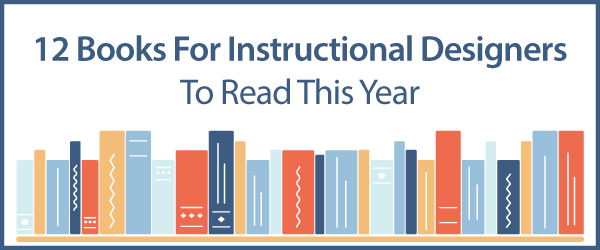


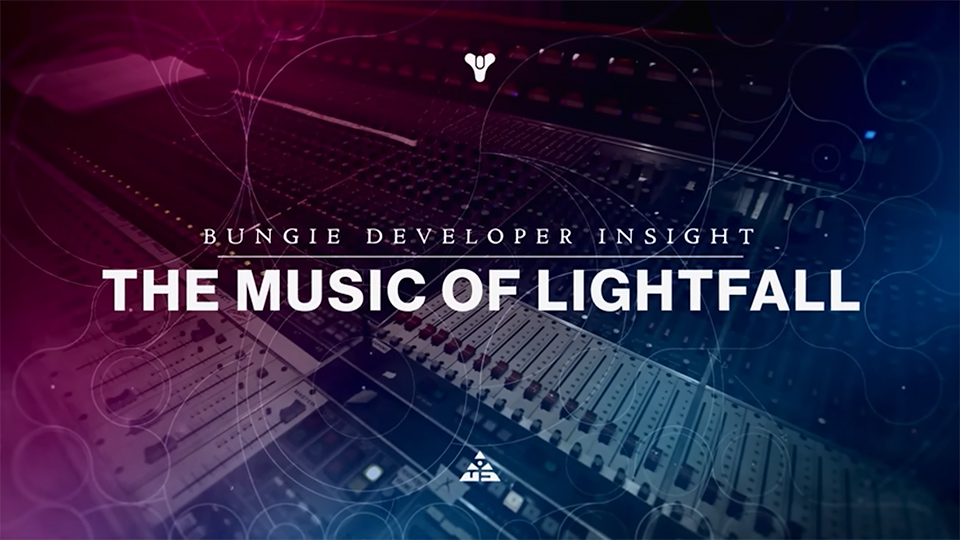


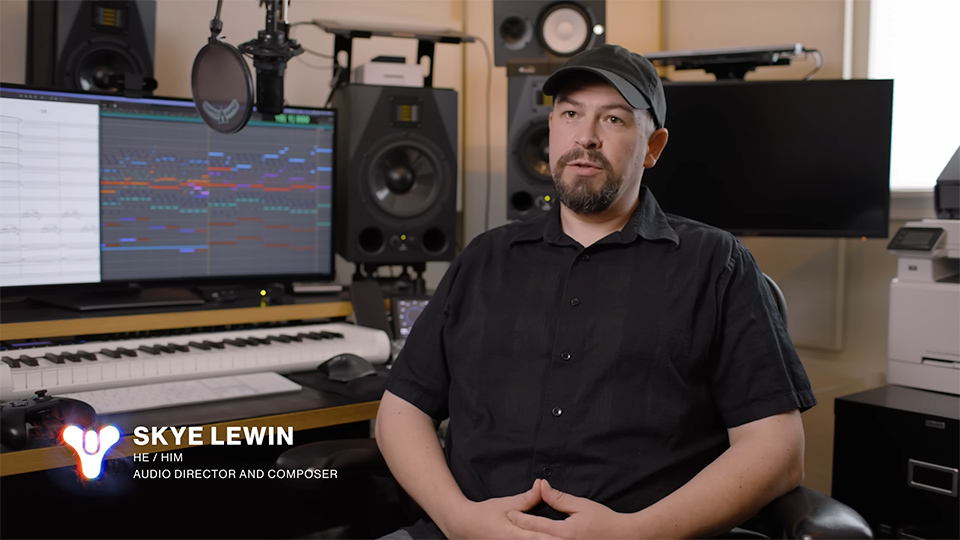
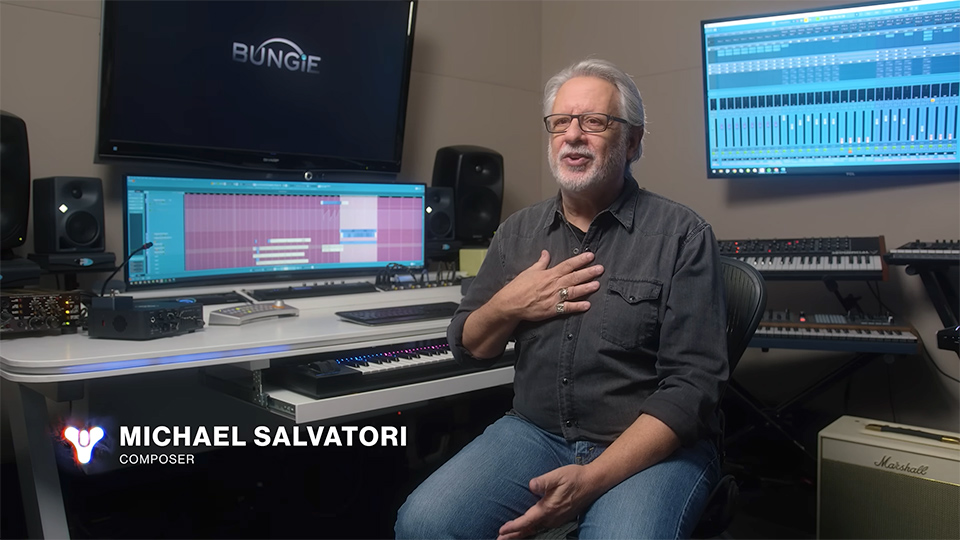


.webp)

